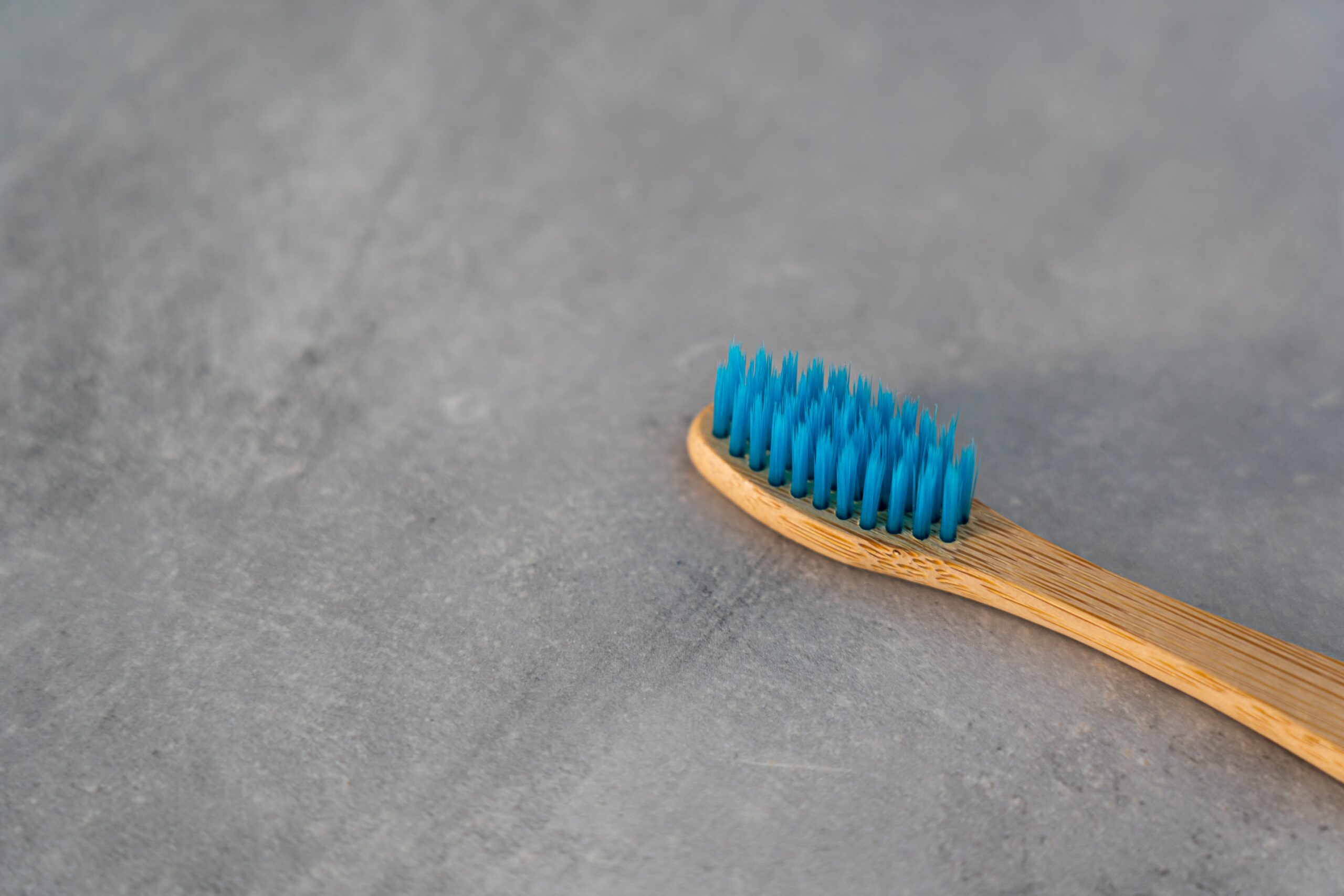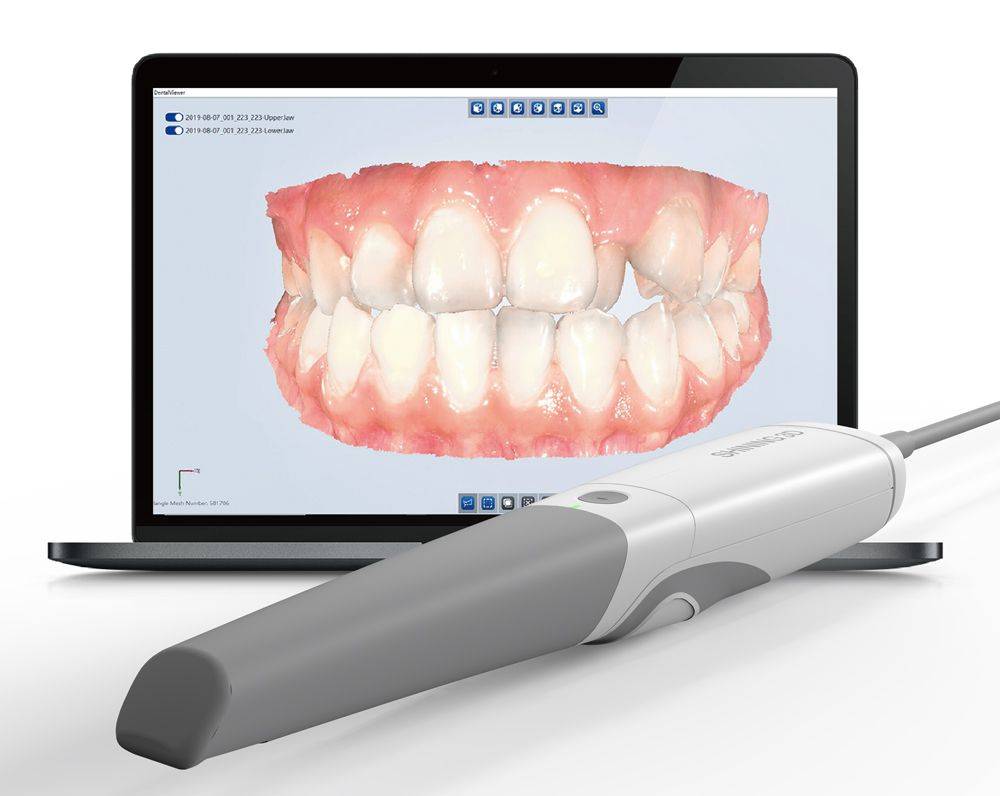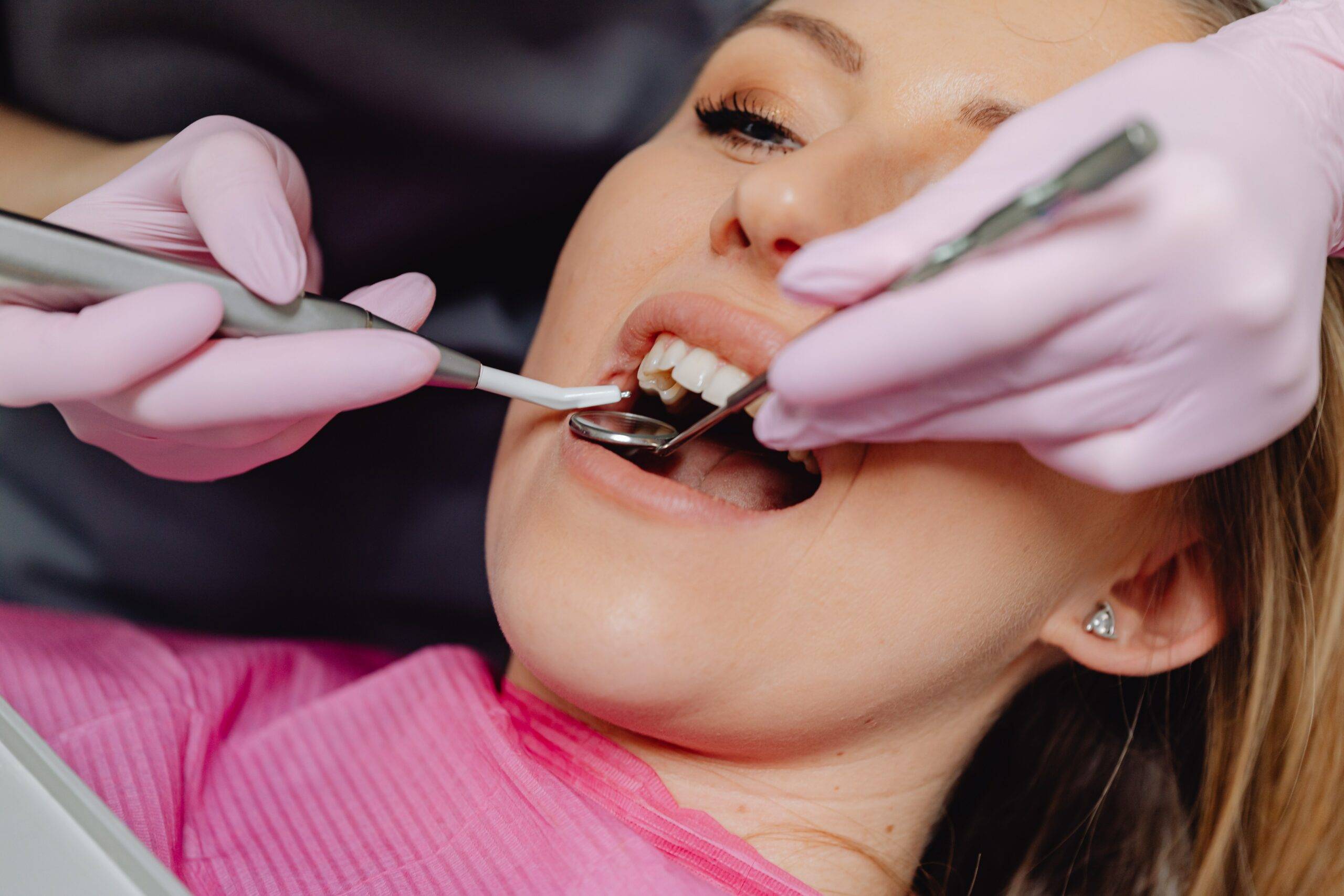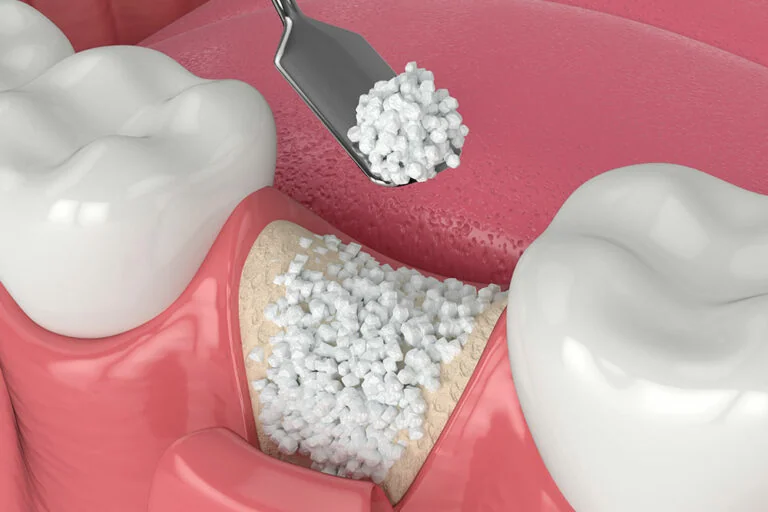The search for the which toothbrush is best can be a daunting task, with so many options on the market it can be difficult to know which one to choose. However, after researching and considering various factors, it is clear that the best toothbrush is one that is soft-bristled, has a small head, and is electric.
Firstly, it is important to choose a toothbrush with soft bristles. This is because hard bristles can damage the enamel on your teeth and cause irritation to your gums. In fact, a study conducted by the American Dental Association found that soft-bristled toothbrushes are just as effective at removing plaque and preventing tooth decay as toothbrushes with hard bristles (1).
In addition to soft bristles, it is also important to choose a toothbrush with a small head. This is because a smaller head allows for better access to all areas of the mouth, including hard-to-reach areas like the back molars. A study published in the Journal of Periodontology found that toothbrushes with smaller heads were more effective at reducing plaque and gingivitis than toothbrushes with larger heads (2).
Lastly, it is recommended to choose an electric toothbrush over a manual toothbrush. This is because electric toothbrushes are able to clean teeth more effectively due to their vibrating bristles. A systematic review published in the Cochrane Library found that electric toothbrushes were more effective at reducing plaque and preventing gingivitis than manual toothbrushes (3).
In conclusion, the best toothbrush is one that is soft-bristled, has a small head, and is electric. These features ensure that your toothbrush is effective at removing plaque and preventing tooth decay, while also being gentle on your teeth and gums.
References:
- American Dental Association. (n.d.). Toothbrush Care. Retrieved from https://www.ada.org/en/member-center/oral-health-topics/toothbrush-care
- Williams, D. F., & Zander, H. A. (1984). Comparison of the plaque-removing efficacy of four manual toothbrushes in a dental school clinic. Journal of Periodontology, 55(4), 223-226. Retrieved from https://www.ncbi.nlm.nih.gov/pubmed/6420338
- Marinho, V. C., Worthington, H. V., Walsh, T., & Clarkson, J. E. (2003). Electric versus manual toothbrushing for oral health. Cochrane Database of Systematic Reviews, (2). Retrieved from https://www.ncbi.nlm.nih.gov/pubmed/12848025




